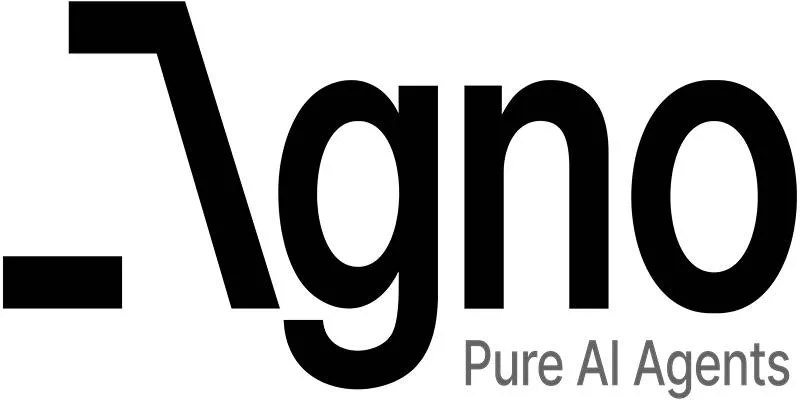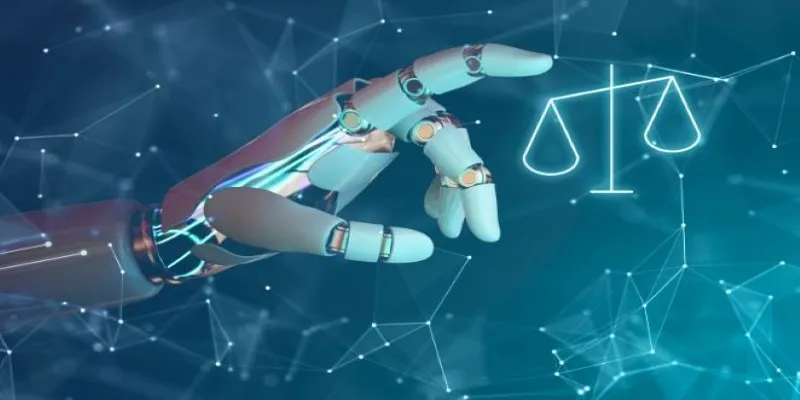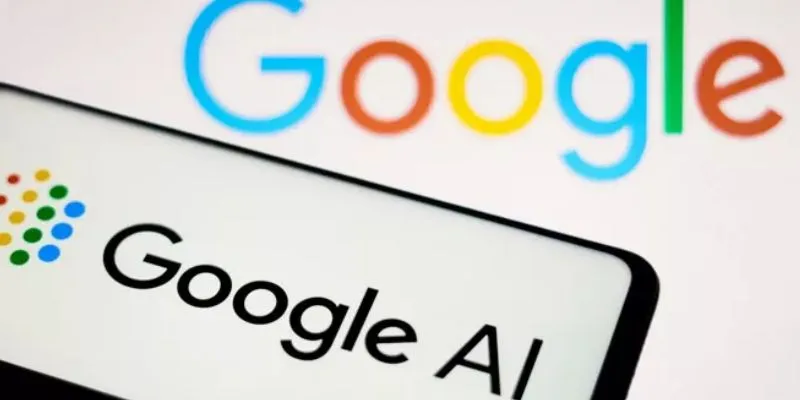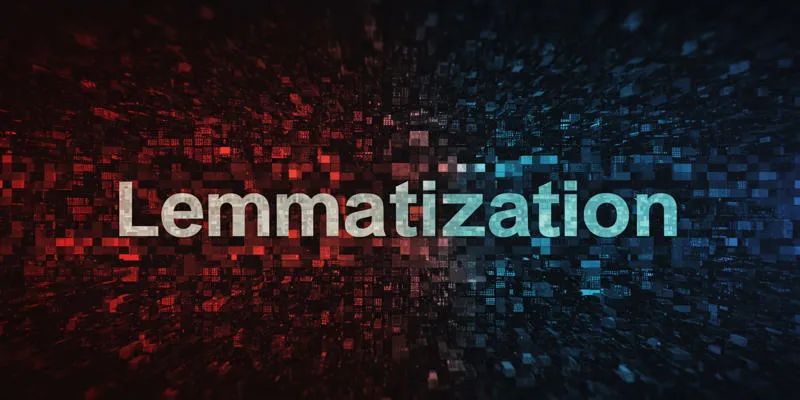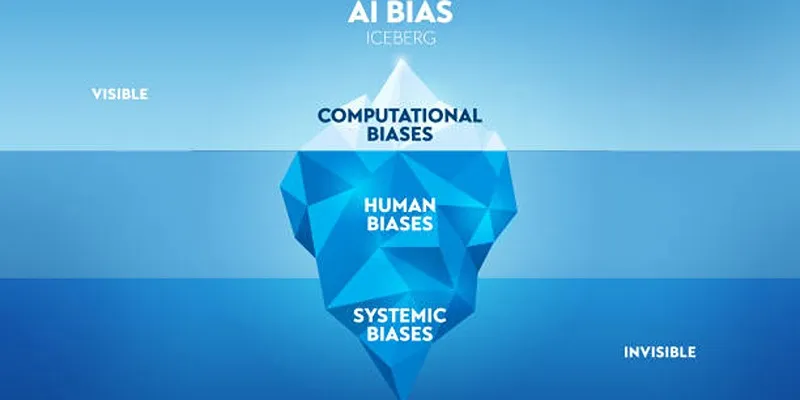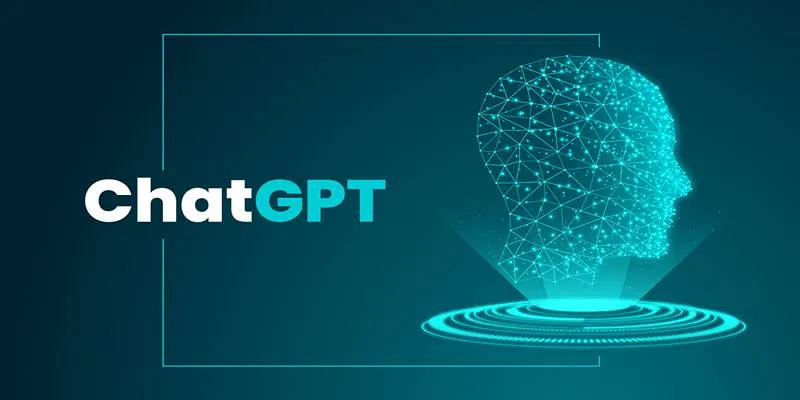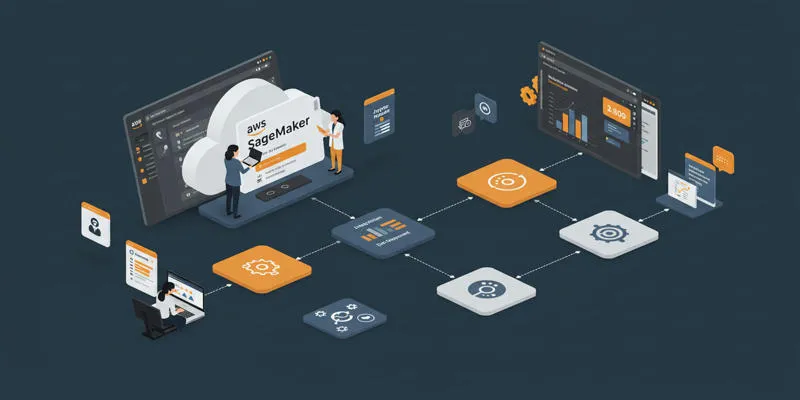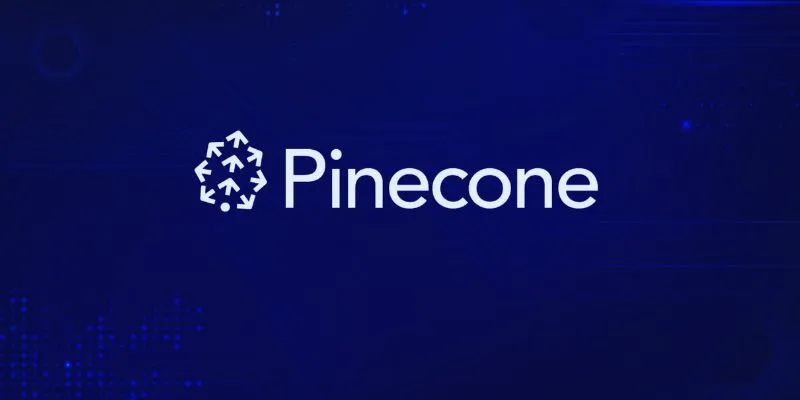The continuous advancement of artificial intelligence in various industries requires organizations to prioritize ethical development and deployment decisions. Developing ethical AI frameworks allows organizations to create AI technologies that adhere to fair standards, maintain transparent handling procedures, respect privacy, and prevent malicious misuse and biased results. This article identifies 12 fundamental resources that organizations need to develop robust ethical AI frameworks for responsible technological progress.
Why Ethical AI Matters
 The adoption of
artificial intelligence has brought significant transformations in the
healthcare, finance, and entertainment industries. The rapid spread of AI
generates urgent ethical challenges, such as algorithmic inequality, lack of
transparency, and confidentiality risks. An ethical AI framework provides a
foundation to address these challenges by implementing moral principles across
every phase of AI system development, management, and implementation.
The adoption of
artificial intelligence has brought significant transformations in the
healthcare, finance, and entertainment industries. The rapid spread of AI
generates urgent ethical challenges, such as algorithmic inequality, lack of
transparency, and confidentiality risks. An ethical AI framework provides a
foundation to address these challenges by implementing moral principles across
every phase of AI system development, management, and implementation.
Businesses that emphasize ethical AI implementation protect public trust while simultaneously reducing costs associated with discriminatory data practices and non-compliance with regulations. The global adoption of generative AI (GenAI) necessitates that enterprises establish comprehensive ethical standards to support their pursuit of sustainable organizational growth.
1. AI Now Institute
The AI Now Institute is an organization dedicated to studying the social impact of artificial intelligence. It conducts research that informs proper AI management, focusing on aspects such as algorithmic accountability, biometrics, worker data rights, and privacy standards. Their report, “AI Now 2023 Landscape: Confronting Tech Power,” provides organizations with essential information about developing responsible AI policies based on ethical concerns.
2. Berkman Klein Center for Internet & Society
Located at Harvard University, the Berkman Klein Center promotes the academic exploration of tech-related ethics and governance principles. The center shapes laws regarding algorithmic accountability in criminal justice, supports the creation of an AI system governance framework, and collaborates with vendors to enhance transparency measures.
3. CEN-CENELEC Joint Technical Committee 21
This EU initiative provides market-sensitive standards that outline responsible AI practices for European territories. The committee manages technical requirements involving transparency, robustness, and accuracy for AI systems that align with EU values and legislation.
4. OECD Principles on AI Ethics
The Organization for Economic Cooperation and Development (OECD) outlines five principles for responsible stewardship of AI:
- Promoting inclusive growth and well-being.
- Maintaining human rights alongside democratic standards.
- Ensuring transparency and explainability.
These guidelines provide organizations worldwide with a standard framework to follow ethical AI practices.
5. UNESCO’s Global Forum on the Ethics of Artificial Intelligence
Ethical issues related to AI development require global leaders to convene at UNESCO’s forums for discussion. Their 2021 Recommendation on the Ethics of Artificial Intelligence offers practical recommendations to balance progress and accountability alongside human rights and sustainable priorities.
6. IEEE Global Initiative on Ethics of Autonomous Systems
The IEEE initiative provides extensive instructions focused on securing fairness, accountability, transparency, and privacy in autonomous systems operations. Through its resources, organizations receive guidance in integrating ethical guidelines based on international standards.
7. Ethics Canvas by ADAPT Centre
Organizations can use the Ethics Canvas to visualize and address ethical issues that arise in their projects. The tool organizes concepts about risks and consequences, allowing teams to collaborate effectively while identifying potential challenges.
8. Partnership on AI
The Partnership on AI establishes best practices for handling ethical issues by bringing together key stakeholders from governments and businesses to collaborate. Various industries demonstrate the practical implementation of ethical frameworks through case examples provided by this organization.
9. Markkula Center for Applied Ethics
Located at Santa Clara University, the Markkula Center emphasizes ethical framework transparency through specific metrics to measure success. Organizations are encouraged to follow their guidelines, which promote rewarding employees who pursue ethical goals.
10. Collaboration Platforms like AI Ethics Global
Community participation plays a crucial role in developing inclusive frameworks that consider multiple viewpoints. AI Ethics Global is an online platform where experts and civil society members join policymakers to identify ethical biases and unintended consequences of AI within their systems.
11. Doteveryone’s Directory of Ethical Tools
Doteveryone offers a 39-page directory of ethical tools for product development integration that organizations can implement. These tools cover everything from risk assessments to stakeholder engagement strategies.
12. Case Studies from Real-World Implementations
Studying AI4ALL organization case examples reveals successful management of ethical challenges. These examples demonstrate how businesses have achieved responsible innovation by maintaining stakeholder trust while striving for differentiation.
Best Practices for Implementing Ethical Frameworks
 Creating
ethical frameworks requires more than adopting guidelines; it necessitates a
strategic system that integrates cultural norms with technical security
methods.
Creating
ethical frameworks requires more than adopting guidelines; it necessitates a
strategic system that integrates cultural norms with technical security
methods.
Appoint an Ethics Leader
An appointed professional can provide direct guidance across departments, ensuring decisions align with company principles.
Take a Cross-Functional Approach
Implementing ethical frameworks requires a comprehensive approach, involving coordinated efforts from legal services, IT units, HR, and product development departments.
Customize Frameworks
Tailor ethical frameworks to address specific risks and organizational goals, aligning them with internal procedures.
Establish Transparency Metrics
Implement achievable benchmarks to encourage employees to embrace ethical behavior and recognize their ethical conduct.
Adopt a Holistic Perspective
Ethical decision-making should comply with legal and moral considerations, as they protect the public welfare of society.
Conclusion
The rapid expansion of artificial intelligence implementation presents both opportunities and challenges for global organizational operations. Ethical conduct reduces risks and forms the foundation for technology acceptance among the public, fostering long-term innovation based on sustainability. Developing responsible frameworks for generative AI is now more critical than ever, as this technology dominates global industries.
Present-day organizations should employ these resources and integrate them into their plans, enabling artificial intelligence deployment in alignment with societal values and protecting their reputation in the complex digital environment.
 zfn9
zfn9




